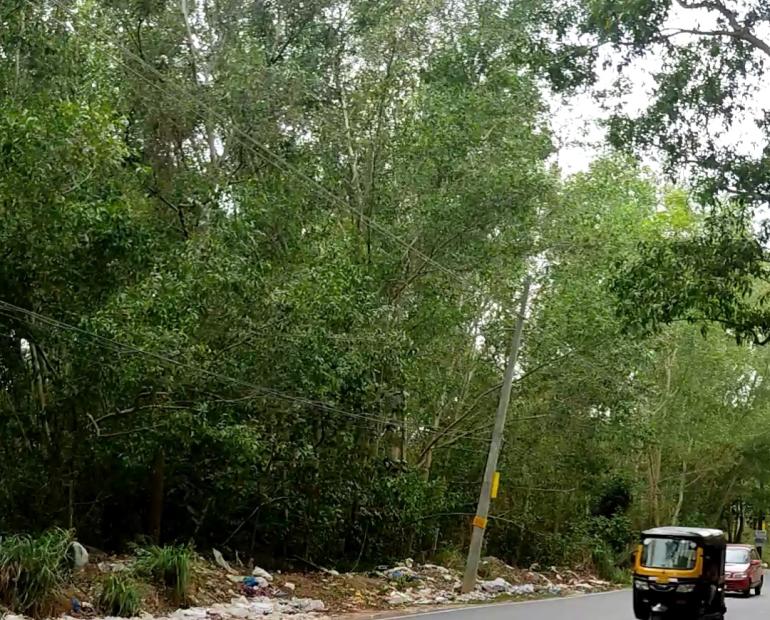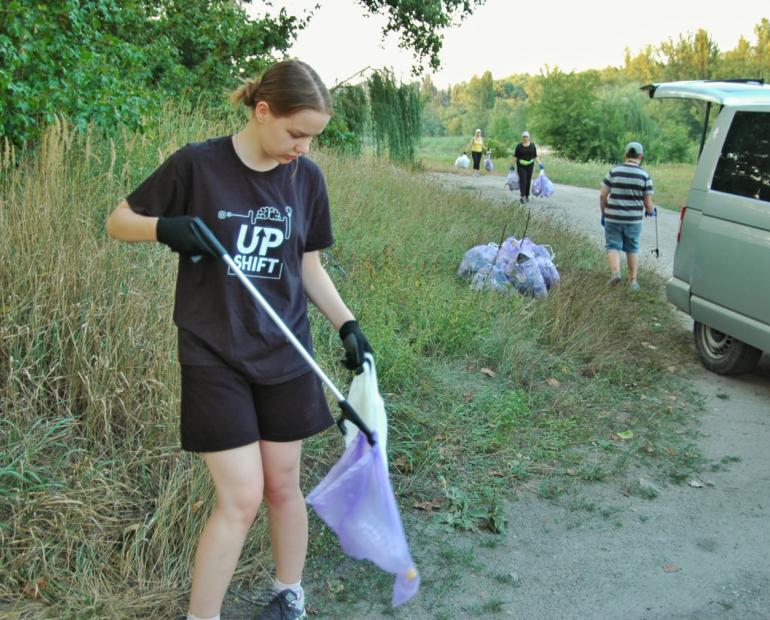
Maryam Eqan, 24, Pakistan
The importance of environmental conservation cannot be overstated. From preserving biodiversity to mitigating climate change, environmental conservation is essential for maintaining a livable planet for current and future generations. But what is often overlooked is the crucial role that women play in environmental conservation efforts.
Women are not just key stakeholders in environmental conservation, but also agents of change. They bring unique perspectives, knowledge, and skills to conservation efforts, and their contributions are essential for achieving a sustainable future. They play a vital role in sustainable resource management. They often have a deep understanding of local ecosystems and natural resources, including forests, water sources, and wildlife. As such, they are well-positioned to manage these resources sustainably and protect them from overuse or degradation. For example, women in rural communities may be responsible for collecting water or firewood, and they can play an important role in promoting sustainable water use and forest conservation.
Women are often at the forefront of community organizing and advocacy efforts related to environmental conservation. They may form grassroots organizations, lead protests or demonstrations, or engage in lobbying and policy advocacy to promote conservation goals. For example, women's groups have been instrumental in promoting sustainable agriculture practices, protecting wildlife habitats, and advocating for clean energy policies.
In most cases, women are held responsible for growing and harvesting food for their families and communities. By promoting sustainable agriculture practices, such as agroforestry or permaculture, women can improve food security while also promoting environmental conservation. For example, women-led farming cooperatives in Kenya have used sustainable agriculture practices to improve soil health and crop yields, while also promoting the conservation of biodiversity and natural resources.
When it comes to climate change, women are considered to be extremely vulnerable. Climate change impacts including droughts, floods, and other extreme weather events affect women's education, health, security, etc. By promoting alternative energy sources, such as solar or wind power, and building climate resilience in their communities, women can protect themselves and their families from these impacts. For example, women in India have used solar-powered lamps to reduce reliance on kerosene lamps, which are not only harmful to the environment but also pose health risks.
Environmental conservation can also create opportunities for women to participate in the green economy, including in areas such as renewable energy, eco-tourism, and sustainable agriculture. By promoting women's economic empowerment, conservation efforts can help address gender inequality while also promoting environmental sustainability. For example, women-led businesses in the eco-tourism industry have been successful in promoting the conservation of natural resources while also providing economic benefits to local communities.
Women are essential to environmental conservation efforts, and their contributions must be recognized and supported. By empowering women to participate in conservation efforts, we can promote a more sustainable future while also advancing gender equality and justice. It is time to recognize the critical role that women play in environmental conservation and ensure that they have a seat at the table in shaping policies and practices that will shape our planet's future.




